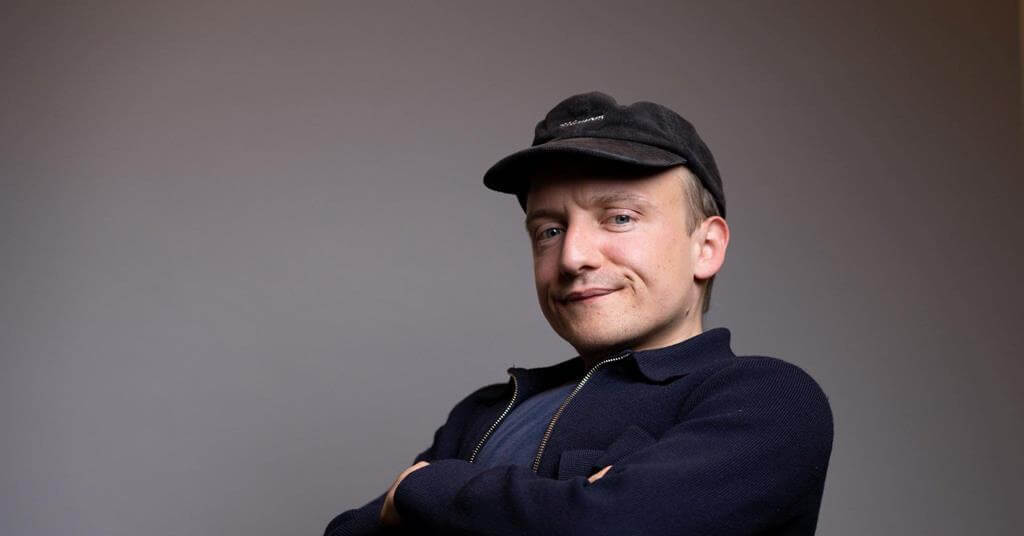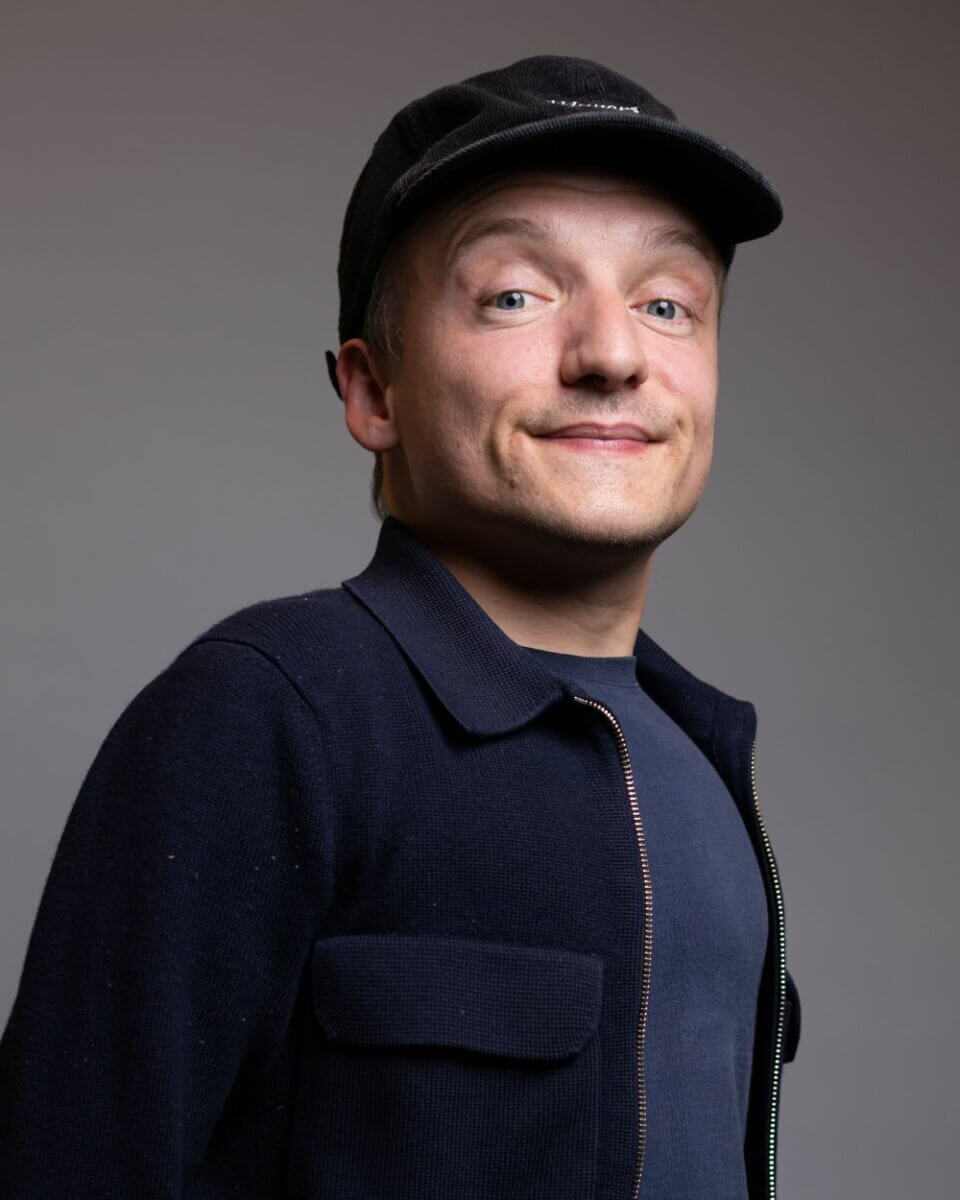What’s Your Problem? is a podcast recorded at the Big Belly Comedy Club, where we try to figure out what’s wrong with comedians that makes them want to tell jokes on stage.
Will Robbins is a standup, writer, actor, and producer, and one half of the TikTok sketch duo, the Lovely Boys.
I think growing up I felt like I wanted to say a lot of things, and I might have held back and I felt like I maybe wasn’t heard, or I wasn’t getting enough sort of attention/love, or validation. I was searching for that a lot, I think.
I used to just always watch standup comedians and think “That’s fucking cool!” And I thought that will be my route for getting what is inside me outside. It will be the way I channel all of my happy thoughts, sad thoughts, angry thoughts, anything that is inside, I just need to get it out. With standup, I am writing it, I am choosing what I’m saying. I can talk about whatever the hell I want.
I did a bit of acting and I found that difficult because you’re just reading someone else’s stuff. I got offered an acting job really quite young, and it was because I’m a shorter person. They’re like, yeah, we’ve got an acting job for you, mate. I said, this is brilliant, this is amazing, what’s the job? They said, it’s to be an elf in a shopping centre. And I said, no thank you.
So I thought if I do standup, I will be slightly more in charge of my destiny, so to speak. And you know, that constant search for validation is a massive problem. If you’re asking what’s the problem? Guess I just wanted some validation from complete strangers in a pub.

That’s the great thing about standup. So you start standing out and you meet all these, like, different types of people, different backgrounds, different classes, minorities, colours, shapes, sizes, whatever. But then there’s also that one thing that sort of binds us all together. So it’s quite nice just meeting all these just different types of people. And then But then we’re all sort of connected in a weird sort of way.
I’m not sure. Growing up I was a proper people pleaser. Whenever meeting new people I would be obsessed with just making them laugh very quickly. Any sort of new environment with new people, I wanted to get them on side. Because I’m a bit shorter and I look different, I guess I had it in the back of my mind, I need to put these people at ease, and my way of doing that is to make them laugh.
Moving from being the class clown or the funny person at the party or room to actually going on stage is a completely different thing. Because you think, yeah I’m funny, and then you go on stage and you’re like, what the hell is happening?
I felt like I had a lot of things I wanted to talk about, you know, my funny upbringing. Eccentric parents. Learning to talk about my height more, because everyone in my family has average height, so it wasn’t really spoken about that much. Not saying that that’s a bad thing, but you just crack on life, don’t you? So it’s nice to talk about that more. The older I get the better I am talking about it in general.
So with the standup I can talk about the height a bit, I could talk about my funny upbringing in Somerset with all these eccentric weird characters. It felt like I had a lot to rabbit on about.

It was American comedians first, Jim Carrey, Richard Pryor, Chris Rock, Jim Carrey. I remember watching Chris Rock when I was super young and I thought, wow he’s just really going for it, saying exactly what he wants and putting the world to rights.
It’s a tricky one, how to write. Everyone is different. I journal a lot, which is just trying to write an A4 page every day if I can. If you were to read that, that would put you to sleep in a matter of minutes, that is very boring, but it’s just a good exercise to do.
But in terms of generating material, it’s pretty slapdash. It will be something happening to me on the street, or I’d speak to a friend, and I’ll think, that’s an interesting premise or something, and I’ll write sort of headlines down in my phone.
If I’m being super organised when I’m at home I will then write the premises, then just write a little paragraph about it, and see if there’s a beginning, middle, end, or something what I want to end on, something’s funny, and then I will go and blurt it out and open mic night. And then I will be humbled.
I’m definitely not a joke writer, if I’m honest, in terms of like, set up. punch line. I’m more like, here’s a story that I’m interested in, or here’s a situation that I think it’s funny. And then I’ll find the funny within that somehow.
I can appreciate a good well written joke, but that might not necessarily make me laugh. I need a bit more than that. I need maybe someone to do a slightly weird face, or say something in a fun, different way. Just a bit more.
I think there are a lot of joke writers who try standup and then you realise that they’re mainly good at joke writing. And then you’ve got the performer types who bring a little something extra.
What do I find funny? If you can paint a picture of somebody’s situation, what they’ve been through, and transport me into their world. I’ve seen so much standup, and you can always spot someone who’s a bit different
I think my advice would be to film yourself and watch it back, as painful as it is. Watch it back as soon as you can. It took me years to be able to do that.
It will improve you because you’re not thinking when you’re on stage. But back in your house, you’re watching yourself and you can see clearly what you can tweak, because you’re in a different headspace when you’re watching it back.
And just hammer the gigs as much as possible.
Bookings for our Bar on the Southbank, SE1 Baby